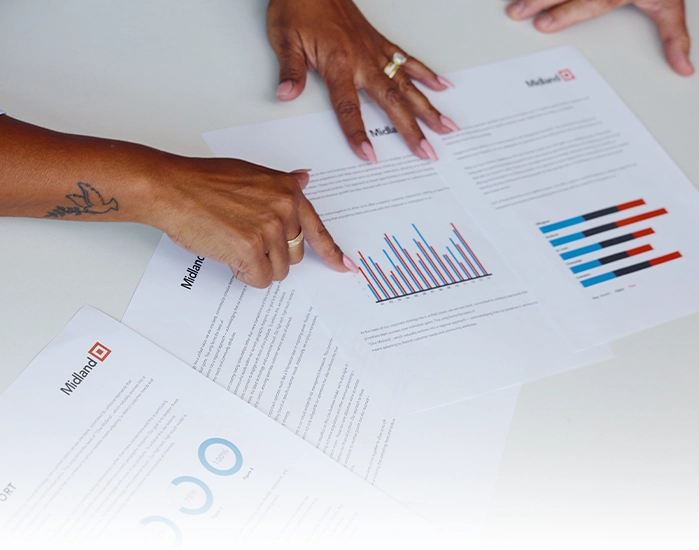When Can Closing a Bank Account Hurt Your Credit?
While the act of closing an account doesn’t hurt your credit score, your credit score could drop if your bank account isn’t in good standing. For example, this can happen if:
- You have a negative balance that goes to collections
- Overdraft charges haven’t been paid and are still outstanding
- Fees from spending more than was available in the account haven’t been paid
- You close the account before automatic payments are redirected
These issues may result in collections reports or missed payments, which can show up on your credit history.
Do Closed Bank Accounts Affect Credit Score Long-Term?
If your account was closed due to financial mismanagement, it can have an indirect, long-term affect on your credit score and ability to open accounts in the future.
Here’s how it could affect you in the future:
- Reported to specialized agencies:
The closure is likely to be reported to checking account reporting companies like ChexSystems or Early Warning Services. Banks and credit unions use these reports to decide whether to approve new account applications. - Denied future accounts:
A negative record can make it difficult to open a new bank account for up to five years, which can limit your access to basic financial services and tools. - Debt sent to collections:
If you owe money (such as unpaid overdraft fees) and don’t resolve it, the bank may send that debt to a collection agency. Collections do appear on your credit report and can hurt your credit score.
How to Responsibly Close a Checking Account
Step 1: Open Your New Account First
If you’re switching banks, start by opening your new checking account so you can set up direct deposits and bill payments without interruptions.
Step 2: Update Auto-Payments
Redirect all automatic transactions. This helps prevent missed payments, which can damage your credit if the payment is for a loan or credit card.
Step 3: Withdraw and Zero Out
Transfer the remaining funds and make sure your balance is zero to avoid overdraft fees.
Step 4: Formally Close the Account
Contact your bank to request an official closure.
For residents in Illinois or Missouri, remember: banks may require a valid state ID or in-person confirmation at a branch.
FAQs
Q: What happens to automatic payments when you close an account?
A: If not updated, auto-payments will fail and could lead to missed bills or service interruptions. Always redirect them before closing your account.
Q: What if my closed account had a negative balance?
A: The balance may be sent to collections, which can hurt your credit score.
Bank with Confidence at Midland
Whether you're looking to switch banks or simply add another to your financial journey, Midland States Bank offers a range of checking accounts designed to support your everyday needs. Whether you’re looking for a no-frills option or rewards for your banking activity, we’ve got you covered—with the same neighborly service you know and trust.


